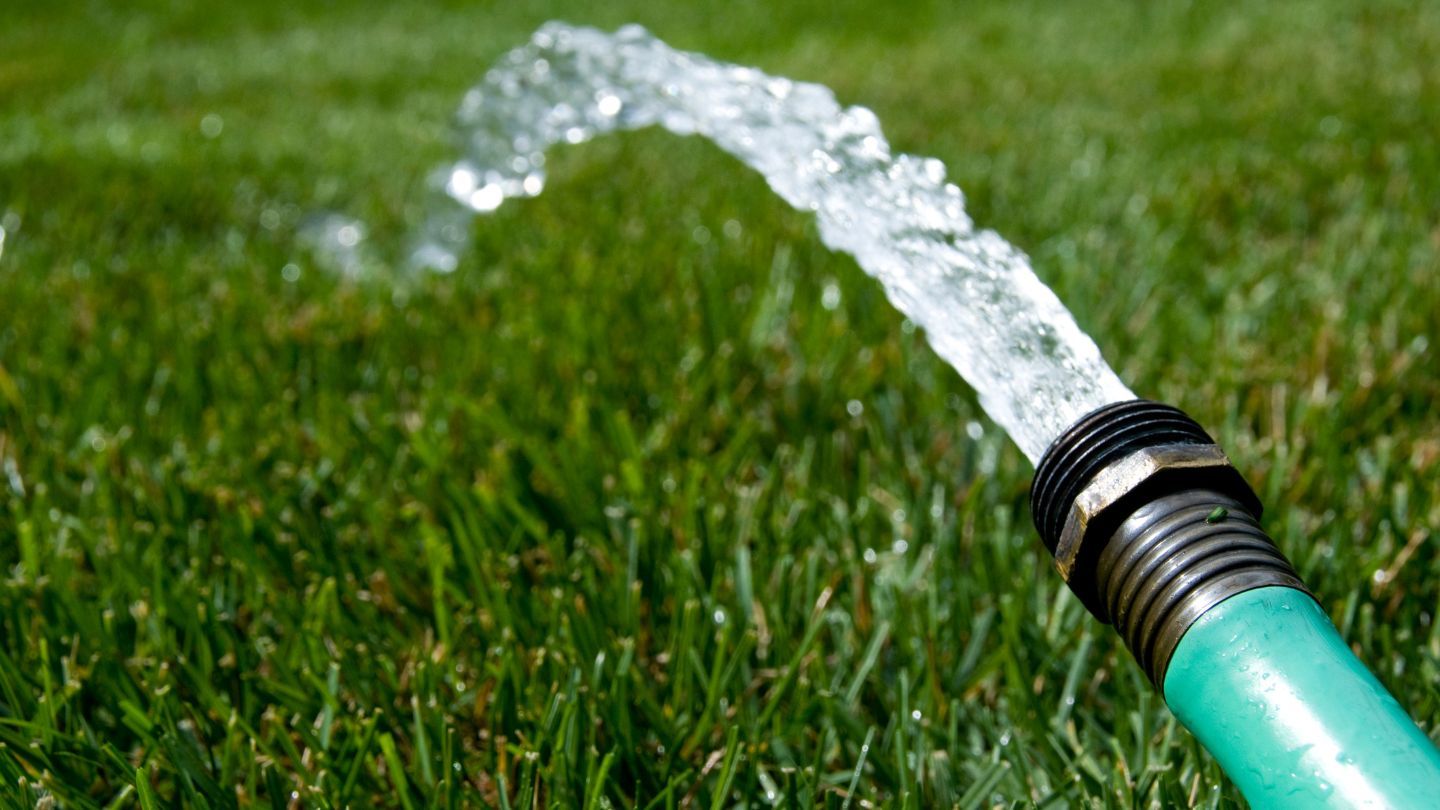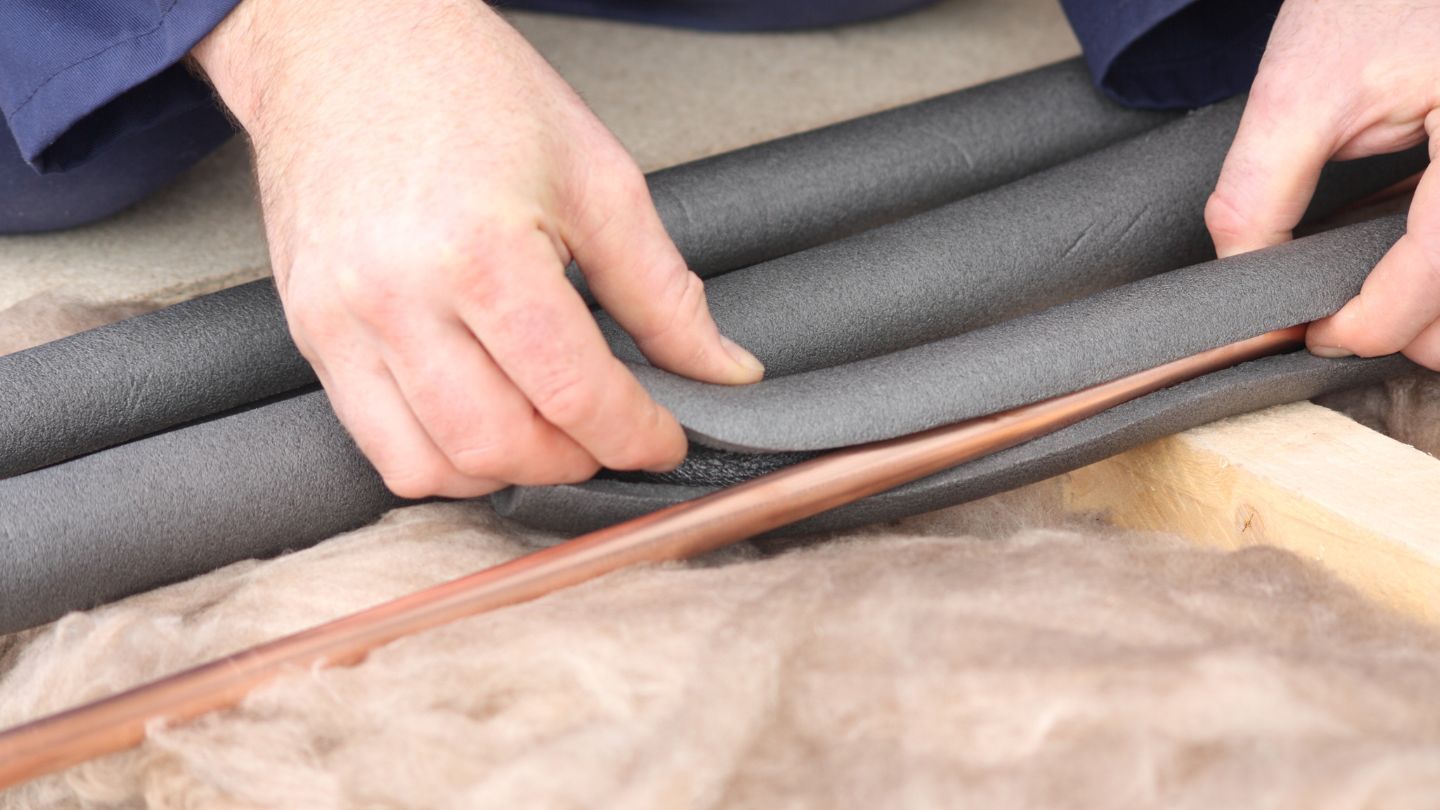Are you worried your pipes
might be frozen? Identifying the signs of frozen pipes early is crucial to
prevent severe water damage and costly repairs. In this blog, we'll discuss the
key indicators that your pipes may be freezing and what you can do about it.
Key Takeaways
·
Frozen
pipes can lead to significant damage and costly repairs, so early detection is
crucial.
·
Key
indicators of frozen pipes include reduced water flow, unusual sounds, visible
frost, strange odors, and signs of water damage.
·
Preventive
measures such as insulating vulnerable pipes, maintaining adequate home
heating, and regular plumbing maintenance can reduce the risk of frozen pipes.
Understanding the Dangers of Frozen Pipes
Frozen pipes pose a significant
risk of water damage and expensive repairs, not merely a trivial nuisance. When
the temperature drops low enough for pipes to freeze, the water expands within
them, generating tremendous pressure that could lead to cracks or bursts in any
plumbing material—not exclusively copper.
The resulting flood and
structural havoc from a pipe bursting can wreak immediate destruction. Imagine
discovering your basement submerged in water or walls soaked through when you
awake—a sobering scenario indeed. Such incidents also escalate repair costs and
introduce complications like mold and mildew due to moisture infiltration.
Professional
plumbing inspections
can help identify vulnerable areas before freezing temperatures set in.
Licensed plumbers have specialized tools to detect pressure buildup inside
pipes, preventing severe damage before it happens. Regular maintenance and
professional insulation services provide long-term protection against costly
water damage.
Key Indicators Your Pipes May Be Frozen

Identifying the early warning
signs of frozen pipes is crucial for preventing small problems from becoming
catastrophic events. The key indicators that suggest pipes may be freezing are:
·
A
diminished water flow
·
Peculiar
noises emanating from the pipes
·
Observable
frost accumulation
·
Unusual
smells coming from drains
·
Indications
of water damage
Each symptom indicates a
different phase in the freezing process and warrants prompt action.
If homeowners notice any of
these warning signs, scheduling a professional plumbing inspection is the
safest course of action. Licensed plumbers use thermal imaging and pressure
testing to detect frozen areas before they escalate into costly repairs.
Reduced Water Flow
If you observe a noticeable
decline in water flow when you turn on your faucets, it could be a telltale
indication that your pipes are starting to freeze. Experiencing merely a slow
trickle or the absence of any water discharge is often an early hint that ice
may be forming within the pipes. For us, this diminished flow was our initial
alert to potential issues with freezing pipes. Keeping an eye on the regularity
and strength of water flow can serve as an early detection method for frozen
pipelines, allowing for swift intervention.
The emergence of no water
emanating from your home's faucets frequently heralds the onset of frozen
pipes—a problem that can impact both hot and cold water fixtures alike. Should
there be a stark reduction in either pressure or volume coming from your taps,
it's usually a definitive indicator pointing towards blockage caused by ice
formation inside the plumbing system.
Unusual Sounds from Pipes
The emergence of peculiar
noises from your plumbing system, such as gurgling, clanging, or banging
sounds, can be a strong indication that ice is forming inside the pipes. These
sounds typically result from the movement and shifting of ice within the pipe
network, which could cause an increase in pressure, potentially leading to
cracks or even bursting pipes.
If homeowners hear these
noises, professional
plumbers can assess the
situation using specialized equipment. Acoustic listening devices and pressure
tests help pinpoint ice blockages before they cause significant damage.
Ignoring these warning signs could result in expensive emergency repairs.
Visible Frost on Pipes
The presence of frost or an icy
residue on pipes, particularly those that are exposed in areas like your
basement, attic, or crawl spaces, is a definitive sign that the water within
them may be freezing.
When visible frost appears on
pipes, professional plumbers can apply heat wraps or install pipe insulation to
prevent further freezing. A thorough inspection ensures that pipes are properly
secured and insulated, reducing the risk of bursting. Professional-grade
insulation materials provide long-term protection, far surpassing temporary DIY
solutions.
Strange Odors from Drains
Unusual scents rising from your
drains may signify that your pipes are frozen. These peculiar odors occur when
a blocked or frozen sewer line impedes the proper escape of smells.
When ice forms and hinders the
dispersion of odors from food, grease, or waste, it can result in unpleasant
aromas that require immediate professional attention. Certified plumbers can
use pipe inspection cameras to locate the blockage and clear it safely,
ensuring proper drainage and airflow within the plumbing system.
Water Damage or Leaks
The presence of water damage or
leaks frequently serves as a worrying sign that pipes may be frozen. If you see
pools of water or discoloration on walls and ceilings, this could point to a
pipe that has burst due to being frozen.
A minor leak might escape
detection at first but can hint at initial structural harm resulting from
frozen pipes. Professional plumbers can perform thorough leak detection using
moisture meters and infrared scanning. They can also repair or replace damaged
pipes, preventing further water damage and mold growth.
Immediate Actions to Take If You Suspect Frozen Pipes
If you suspect that your pipes
have frozen, it's essential to take swift measures to avert additional damage.
Instead of attempting DIY thawing methods that could cause more harm,
professional plumbers use controlled heat applications, pressure relief techniques,
and pipe-thawing equipment to safely restore water flow.
Gradually Increase
Temperature
Instead of using household
devices like hair dryers or space heaters, which can be hazardous, professional
plumbers use pipe-thawing machines or heating pads designed specifically for
plumbing systems. These tools provide even heat distribution, preventing sudden
expansion and pipe fractures.
Open Cabinet Doors and
Faucets
While keeping cabinets open can
help warm the pipes slightly, it is not always enough to prevent freezing.
Professional plumbers assess the affected areas and recommend advanced
solutions such as heat tracing cables or improved insulation, ensuring lasting
protection against freezing temperatures.
Contact a Professional
Plumber
When dealing with frozen pipes,
it is always advisable to engage the services of a professional plumber. These
experts possess not only the necessary tools but also the expertise required to
defrost your plumbing system both safely and proficiently.
Attempting DIY repairs can
worsen the situation, leading to costly damage. Professional plumbing services ensure that pipes are thawed correctly,
preventing further issues such as cracks, leaks, or reduced water pressure. In
cases where pipes have already burst, immediate professional intervention
minimizes structural damage and costly restoration work.
Preventing Frozen Pipes in the Future

Taking proactive steps to
prevent pipes from freezing is much more convenient and economical than
managing the consequences of a pipe that has burst.
Plumbing professionals can
assess a home's risk factors and recommend comprehensive solutions. Insulating
pipes, maintaining adequate home heating, and scheduling regular maintenance
are essential strategies for preventing frozen pipes.
Insulate Pipes in
Vulnerable Areas
While homeowners can apply
basic insulation, professional-grade materials provide superior protection.
Licensed plumbers can install heat tape, foam insulation, or pipe sleeves to
prevent freezing in areas most at risk. This tailored approach ensures maximum
efficiency and long-term durability.
Maintain Adequate Home
Heating
A stable indoor temperature is
crucial in preventing pipe freezing. Plumbers can inspect heating systems,
identify problem areas, and recommend zoning adjustments to direct heat to
vulnerable spaces. Advanced heating solutions, such as under-sink heaters or
insulated pipe wraps, offer additional protection against extreme cold.
Regular Plumbing
Maintenance
Routine plumbing inspections
can prevent unexpected freezing issues. Professional assessments identify weak
points, ensuring pipes are well-maintained before winter arrives. Regular
maintenance services reduce the risk of frozen pipes and the costly damages
associated with burst plumbing.
Will Home Insurance Cover Burst Pipe Damage?

Most homeowners' insurance
policies cover damage caused by burst pipes. However, exclusions may apply if
the insurer determines negligence, such as failure to maintain adequate
heating.
To ensure full coverage,
homeowners should schedule regular plumbing inspections and document preventive
measures. Professional plumbing maintenance records can serve as proof that
homeowners took necessary precautions, helping secure insurance claims in the
event of damage.
Monitoring Weather and Home Conditions
Monitoring weather and home
heating helps avoid frozen pipes, as extreme cold temperatures increase the
risk. Proper insulation maintains higher temperatures in areas where pipes are
located, reducing their vulnerability to freezing.
Keeping garage doors closed
protects water supply lines from freezing in colder areas. Frozen pipes create
unsafe living conditions by increasing the risk of water contamination.
Regularly checking your water meters for movement helps detect issues early on.
Summary
Detecting the warning signs of
frozen pipes early and taking prompt action can prevent extensive water damage
and expensive repairs. It's vital to stay alert to potential risks, recognize
early symptoms, respond quickly, and implement preventive measures to safeguard
your home against the threats posed by frozen pipes.
At A-Total Plumbing - An Ace
Home Services Company, we are your go-to plumber in Cartersville for professional frozen pipe solutions. We ensure your
plumbing system remains in peak condition throughout winter. Our skilled team
offers comprehensive pipe insulation, emergency thawing services, and routine
maintenance to avert costly damage before it arises. Contact us today to
fortify your home against freezing weather!
Frequently Asked Questions
Can frozen pipes affect water quality?
Yes, frozen pipes can cause
sediment buildup or contamination if a pipe cracks and allows external elements
to enter the water supply. A professional inspection ensures your water remains
clean and safe.
How long does it take for pipes to freeze in extreme cold?
Pipes can start freezing within
6-8 hours of exposure to subfreezing temperatures, especially if they lack
insulation or are located in unheated areas. Preventive measures like
insulation and proper heating can help avoid this.
Do frozen pipes always burst?
Not always, but the risk
increases as pressure builds inside the pipe. Even if a pipe doesn't burst,
freezing can weaken the material, leading to leaks or long-term structural
damage.

